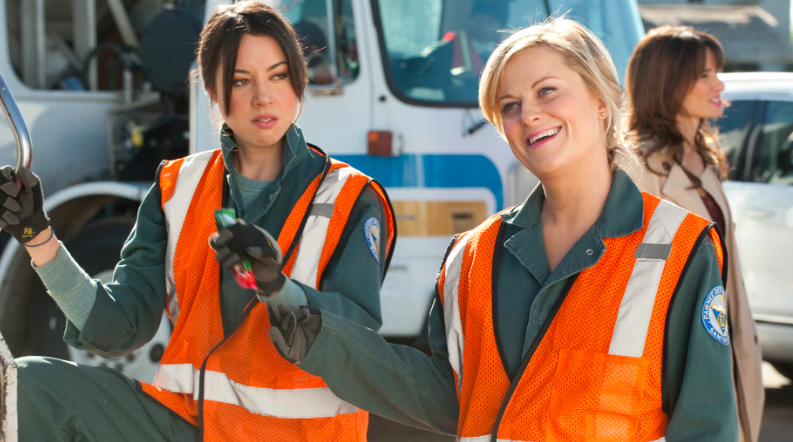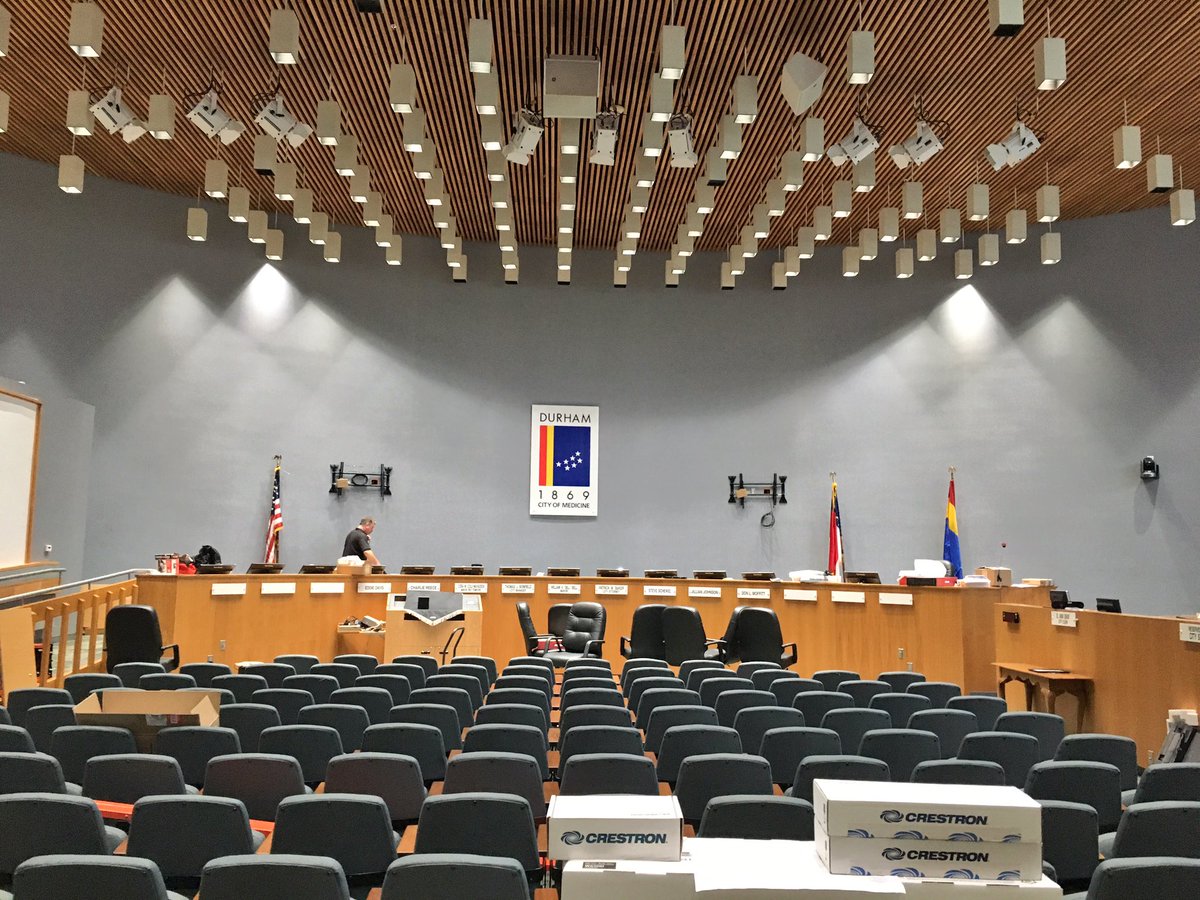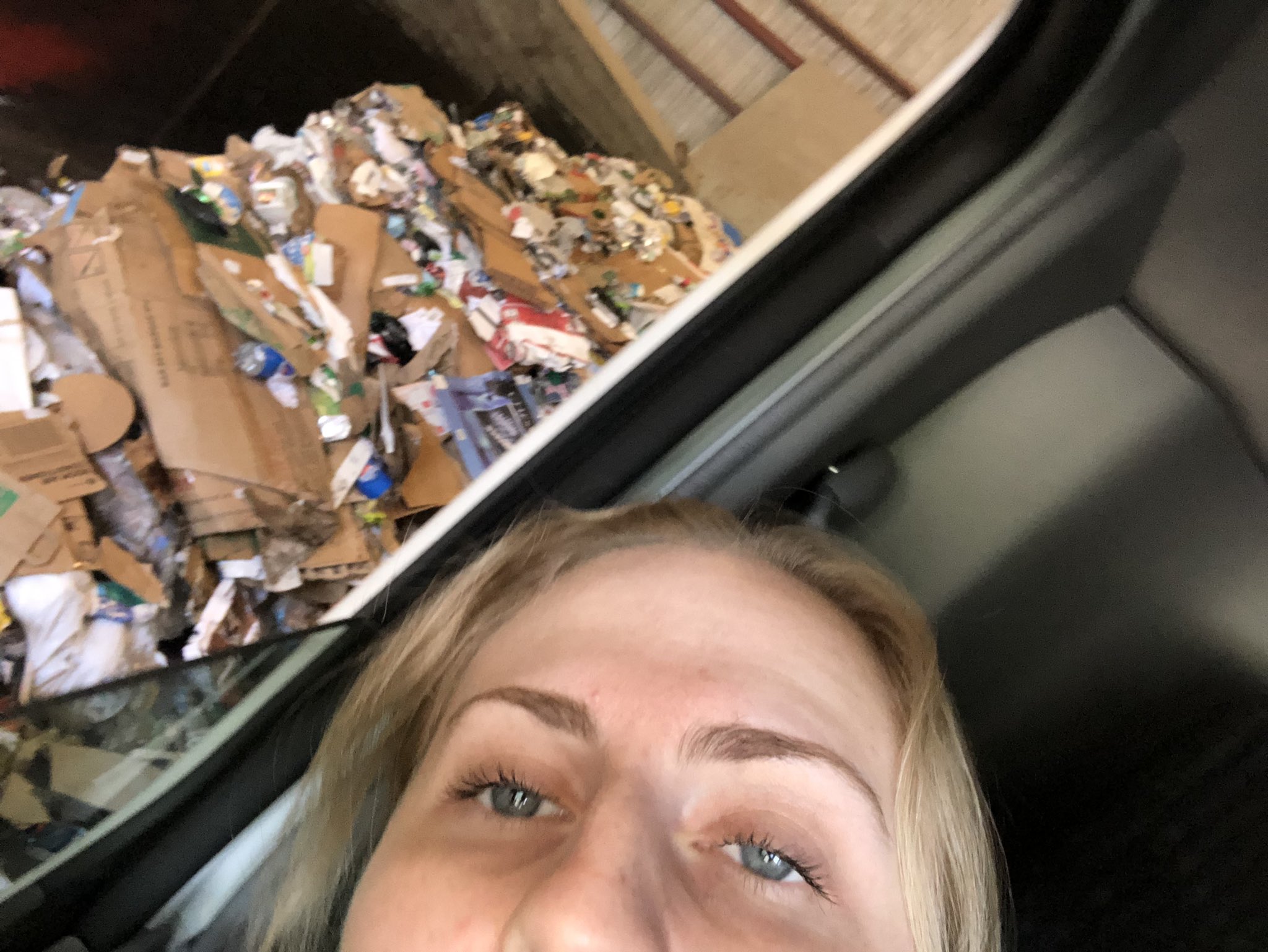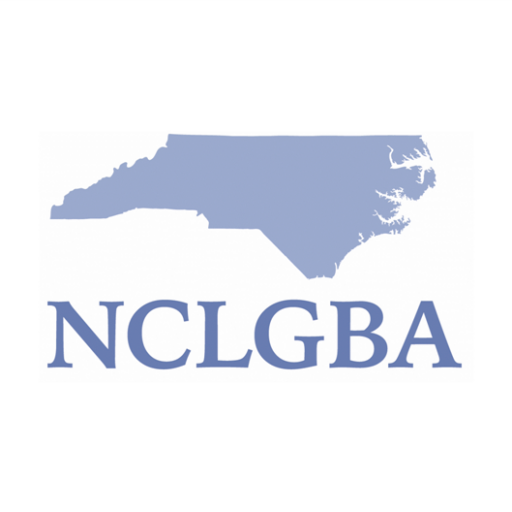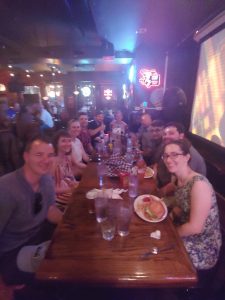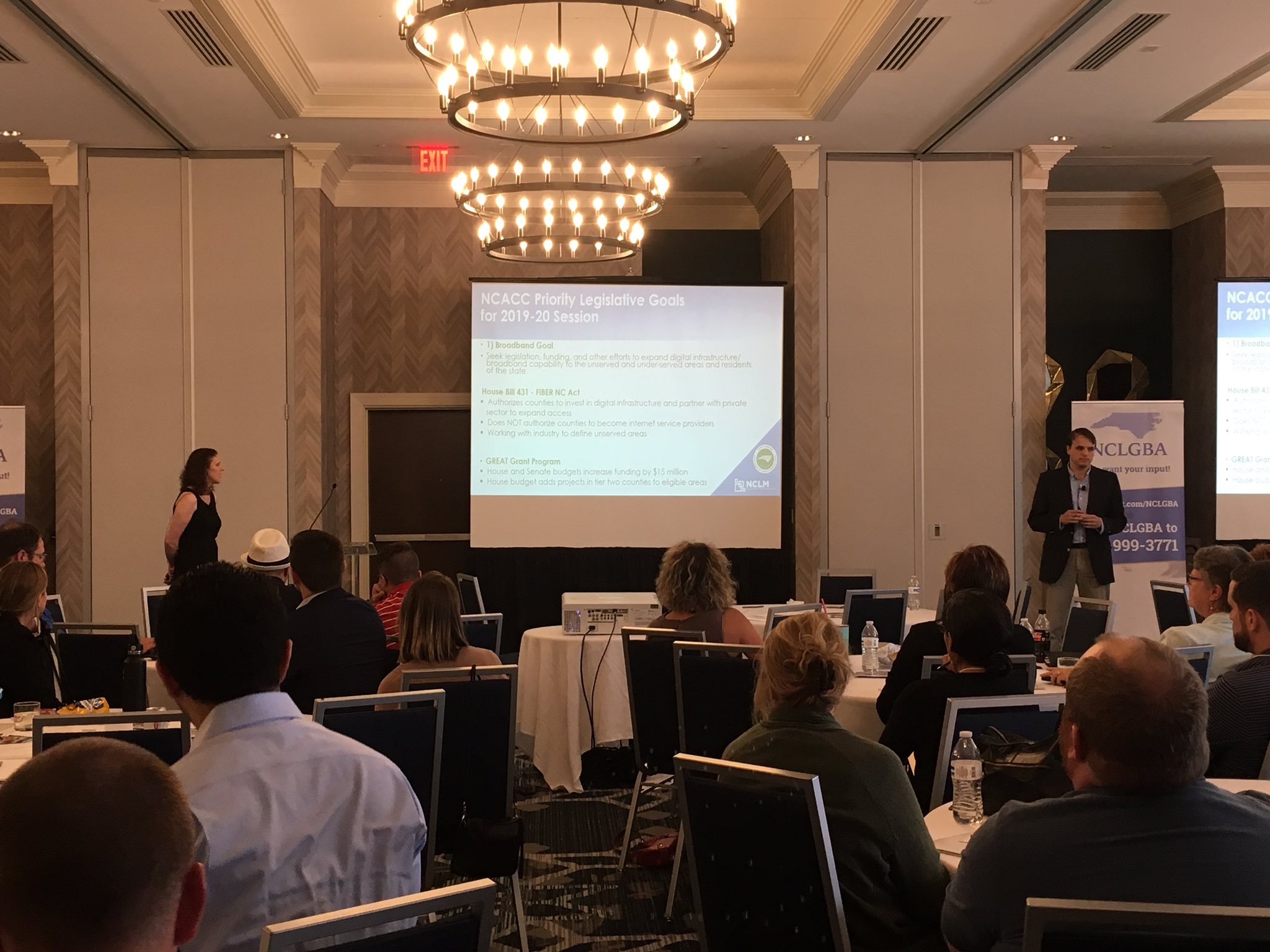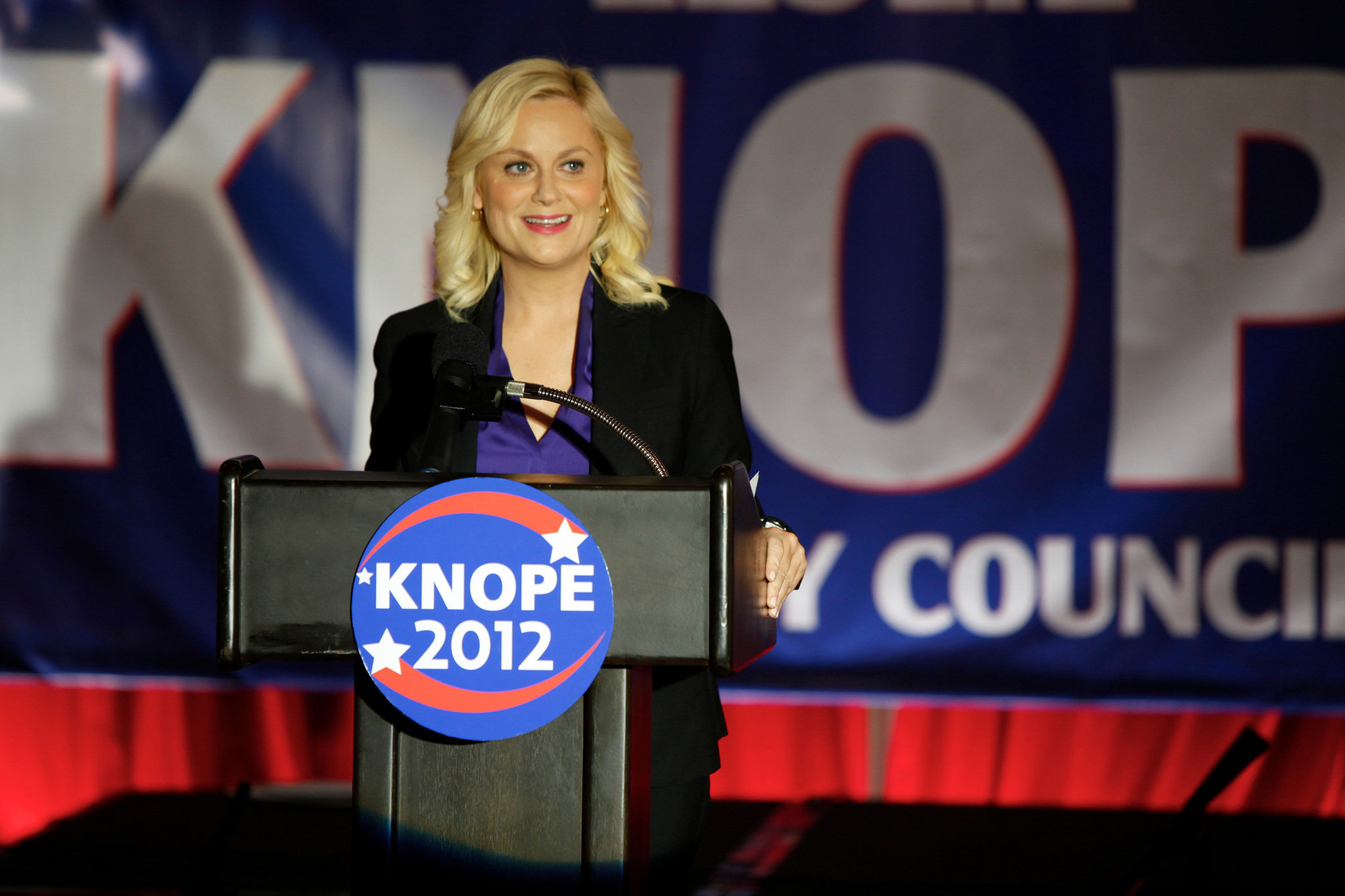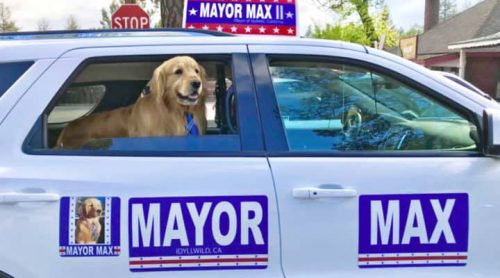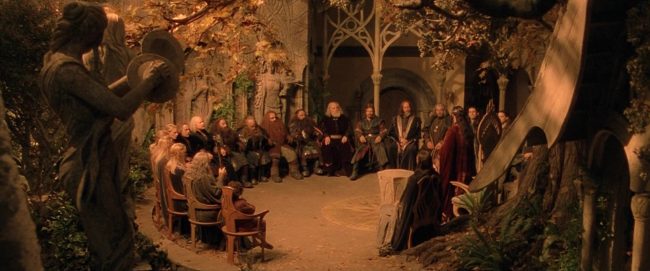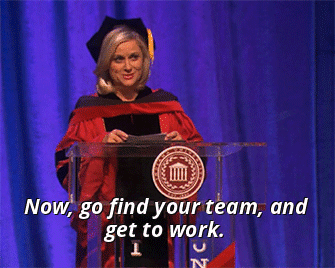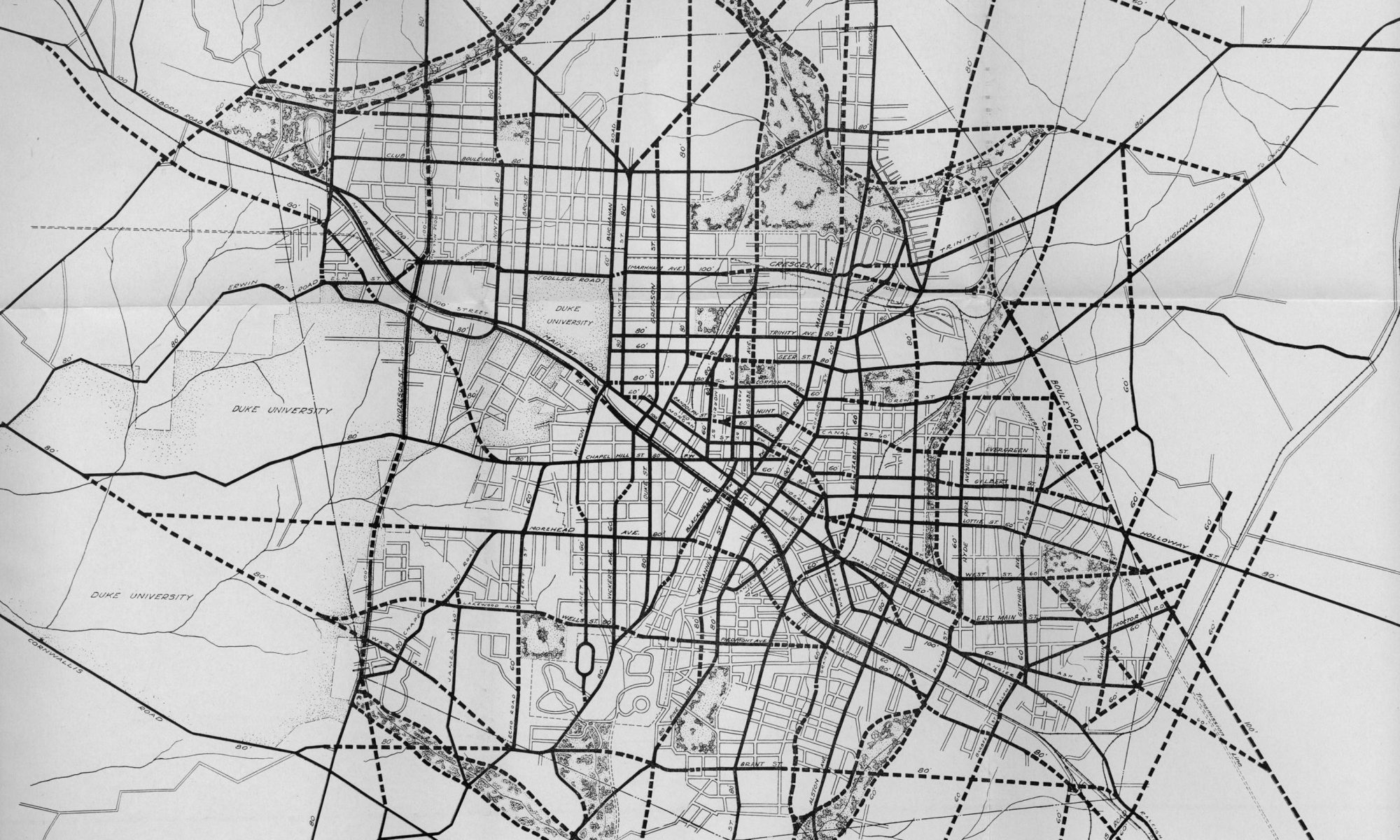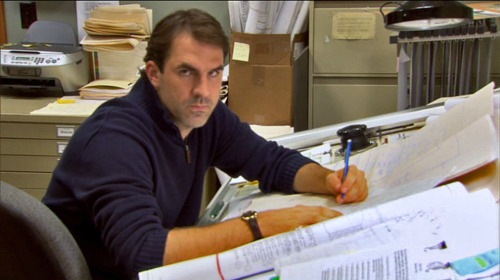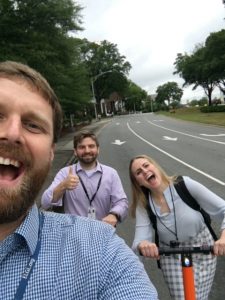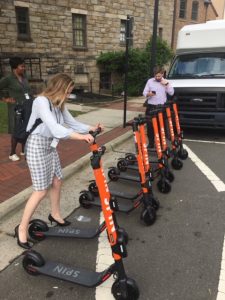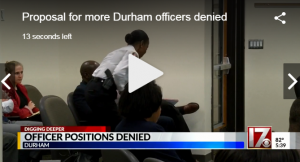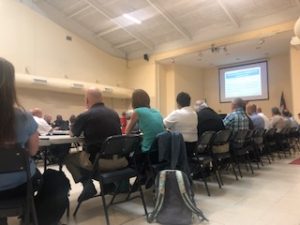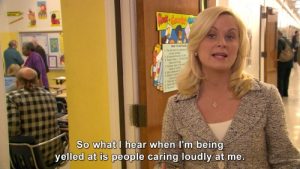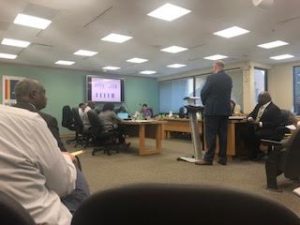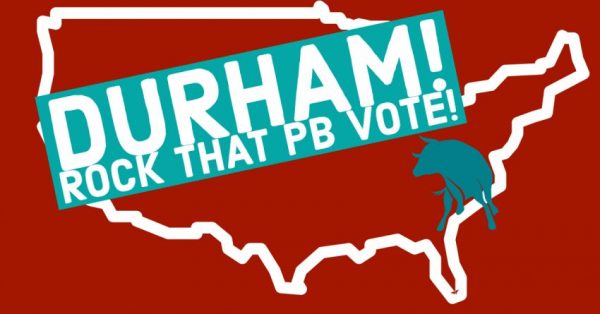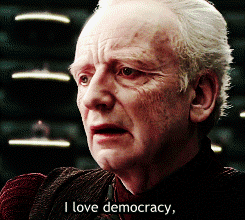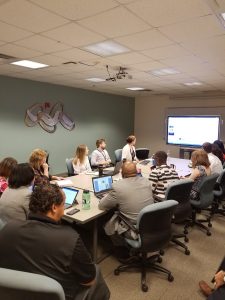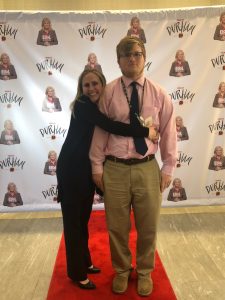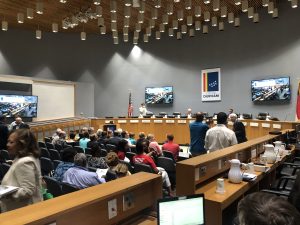This is my last post for the summer, and it is very bittersweet for me. I have loved working for the City of Durham, and my last day of work this Friday will be an emotional one. I have had the best supervisors (seen below), worked on projects of great interest to me, and have been able to network with more passionate local government employees than I can count.
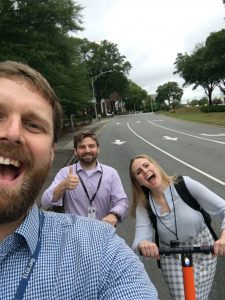
As a final project, I have two presentations I will be sharing with the Director and Assistant Director of the Budget & Management Services Department. First, I will give a brief explanation of what I have done this summer. And second, I will give an in-depth presentation about the local sales tax research project I was tasked with. After combing through data from 2008-2019 and running a variety of Pivot Tables, I feel ready to present my findings.
We have several local sales tax revenues that come into the City of Durham, which have been designated to us by the state. Articles 39, 40, 42, and 44 give explanations about where the money is coming from, and where it is allocated. One of my charts, explaining how revenues have changed over time, can be seen below. If you want to see more of my charts and tables, feel free to reach out to me.
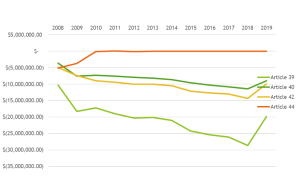
When I first started my professional work experience, I was desperate for any recommendations people would have for me. So check out my tips for starting a new job or internship!
-
-
-
-
- Watch as much stand-up comedy the night before to get you relaxed before the stressful first day
- Find ways to connect with people in and out of your department, especially other interns
- Volunteer to work on every project that interests you because no matter what it will be a learning opportunity
- Write down all of your best memories, and ALSO everyone’s book/podcast recommendations, as they are usually related to the field
- If you’re working for a city or county, find ways to learn the ins and outs of each department so you can apply each lesson to your career after graduation
-
-
-
The rest of my week will be filled with tough goodbyes and several final lunches. But in two weeks I’ll have to get back to school and I am (shockingly) excited about it. I cannot wait to apply what I learned in the field to the classroom. Now I’m one step closer to making change on a local level. Let’s do this thing.




